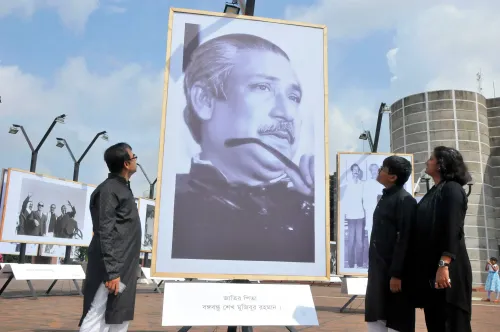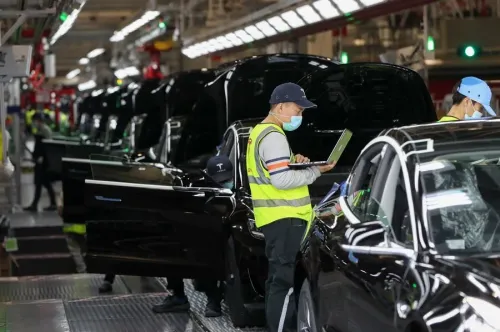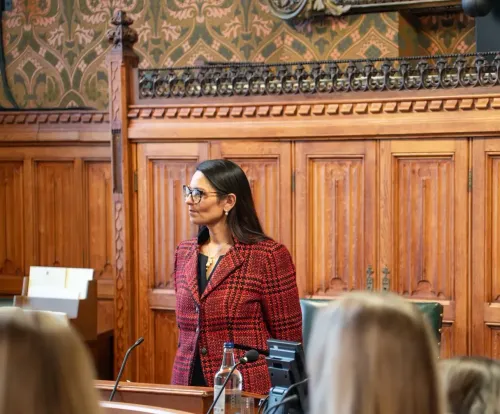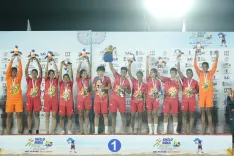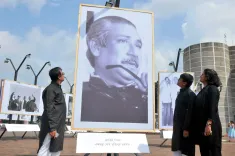How is Laos Raising Public Awareness to Combat Human Trafficking?
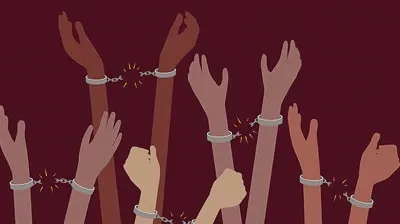
Synopsis
Key Takeaways
- Increased public awareness is crucial in combating human trafficking.
- Stricter legislation is being enforced to protect vulnerable populations.
- Collaboration with neighboring countries enhances anti-trafficking efforts.
- Counseling and support services are available for victims.
- Ongoing education and awareness campaigns are essential for prevention.
Vientiane, Aug 6 (NationPress) Laos is actively enhancing public awareness, particularly among vulnerable groups, to combat human trafficking.
The Ministry of Labour and Social Welfare of Laos organized a campaign to mark the World Day Against Trafficking in Persons, with the goal of fortifying collaborative efforts against human trafficking and advocating for legal employment opportunities, as reported by the ministry on Wednesday.
This initiative seeks to educate the public on the grave dangers associated with human trafficking, a heinous crime that infringes upon human rights, causes physical and psychological suffering to its victims, and jeopardizes families, socio-economic progress, and national security.
Observed annually on July 30, the World Day Against Trafficking in Persons serves to raise awareness and foster international cooperation aimed at eradicating human trafficking, as noted by the Xinhua news agency.
Earlier in the year, Laos announced plans to enforce laws more stringently to tackle human trafficking and enhance efforts to minimize the risks faced by at-risk populations.
In 2024, Laos reported 46 new human trafficking cases, leading to 95 arrests and 85 victims, of which 40 were girls under 18 years of age.
According to a report from the Lao Ministry of Public Security, human trafficking in Laos frequently involves brokers and criminals who utilize cyber scams, especially call-centre scams, to deceive Lao girls into perilous and illegal situations.
In 2024, a total of 127 individuals participated in counseling sessions at protection centers designed to support women and children, while 104 females were reunited with their families after being enticed into unsafe and illegal jobs. Additionally, 962 individuals who are at potential risk of human trafficking received both face-to-face and hotline counseling on 54 occasions.
Looking ahead to 2025, anti-trafficking initiatives will concentrate on high-risk groups, enforce stricter legislation, and diminish vulnerabilities to stave off further crimes.
The National Committee on Anti-Trafficking in Persons is working in partnership with Vietnam, China, Thailand, and Cambodia to tackle cross-border trafficking. With the backing of international organizations and other partners, these nations have signed agreements to bolster their efforts.
Anti-trafficking operations are executed under a national strategy implemented at both central and local levels. To combat human trafficking, legislation has been strengthened, manuals published, and training sessions and seminars conducted to raise awareness of this issue and ensure that individuals stay alert against deceivers and fraudsters.


